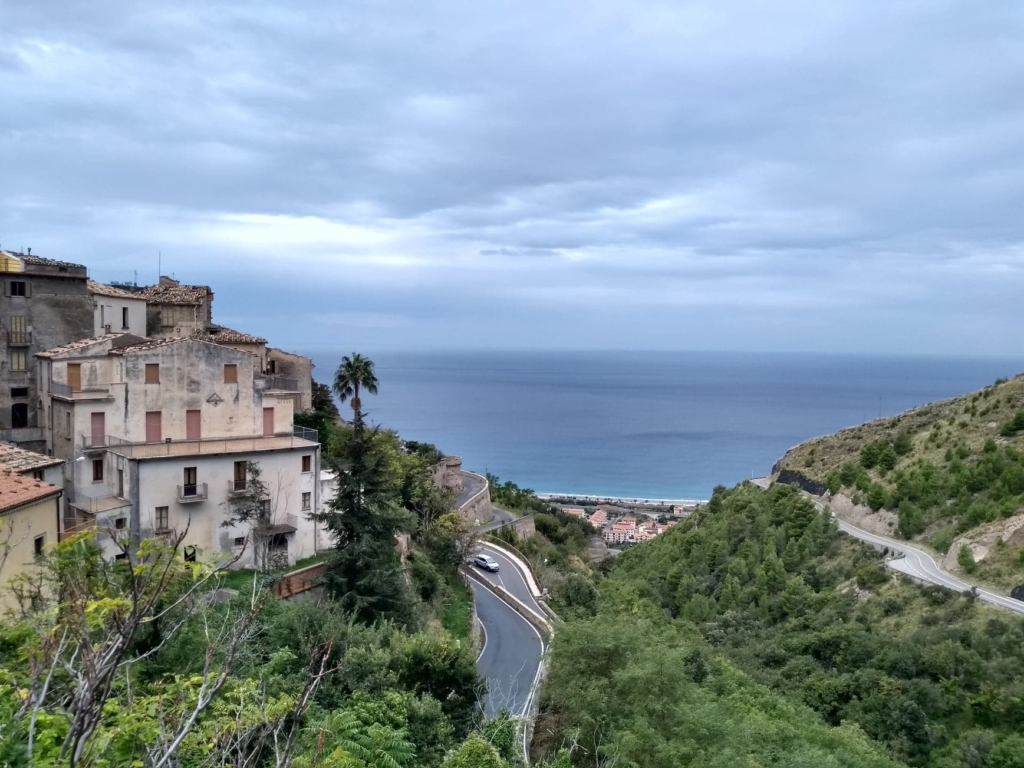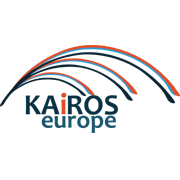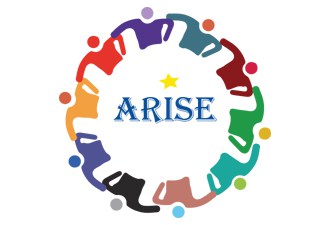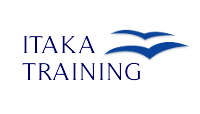“There are some people who live in a dream world, and there are some who face reality; and then there are those who turn one into the other.
Desiderius Erasmus
I first met the people I was going to go to Italy with in Brixton. I remember searching for the building in which the Introductory session was going to be held, and struggling to find it. It was a simple brick building on a busy road, just as every building around it. But in that building, in the basement to be exact, I met people who were going to inspire me.

We were introduced to our upcoming week of training in Calabria, Southern Italy, and got to know the other participants. After the briefing we had the chance to talk to members of the partner organisations of Kairos and celebrate Erasmus Day together. It soon became clear to me, that the people in this room could not be more fitting to celebrate Erasmus Day together. Because not only is Erasmus the name-giver of the European program that allowed all of us to receive a week of professional training, but I could not imagine a group of people more fitting to the quote above.
Every single person I met was working to make the world a better place, to turn a dream into reality. And together we set off for Italy a short while later. The whole group came together in the airport in Lamezia Terme, and we made our way towards our hotel, where the training would happen.
Every morning for the next few days we met at breakfast (where we developed a group obsession over the amazing hot chocolate) and started our training. Some of the workshops were delivered by the organisation Itaka Training, which organised many aspects of our stay. Others were prepared by ARISE participants in their area of expertise. We learned about the reception and immigration system in Italy, fake news and misinformation, and migration around the world. Furthermore, we received valuable insights on how to work with especially vulnerable people, such as women and minors, victims of human trafficking and victims of sexual violence.
A very special part of our week were the filmmaking sessions, run by one of the participants, Yusuf. As a documentary-maker he shared his expertise with us, and we learned a lot about filming and approaches to a story. In this context we were lucky enough to meet Diaa, a young boy who was filmed by Yusuf several years ago. Diaa wanted to share his story with us, as we got to meet a smart and ambitious teenager who has faced many obstacles in his life with incredible bravery. Hearing his story and the stories of two of our participants brought another dimension of reality to this training.
These impulses were complemented by visits to NGOs and local organisations working with migrants and refugees. We met with cultural mediators, teachers and other practitioners who explained their work, its challenges and its chances to us. For us this provided a unique insight into the day to day work in the field of migration in Southern Italy.

We also visited the small village of Belmonte, a trip that made most of us (if not all) want to move to Italy. Belmonte is a beautiful little village situated high up in the mountains with a stunning view of the Mediterranean Sea. We visited the village together with the Erasmus+ group “Back To Roots”, which focused on the challenge of depopulation in rural areas.
Belmonte was an interesting case study for both groups as it is a depopulated village that works with migrants to provide solutions for accommodation shortages.
And while most of our days were full of training, we also had some time to explore Calabria and spend time with our fellow participants. We went to the small town Pizzo and tried the famous “Tartufo di Pizzo” (incredibly good!), explored Tropea, a beautiful seaside town, and last but not least went swimming in the Mediterranean Sea. The beautiful scenery of Southern Italy and the surprisingly summery weather were the perfect frame for a week that united inspiration, ambition and experience.
The views and opinions expressed in this article are those of the authors and do not necessarily reflect the official positions of Kairos Europe, its partners or their employees.




